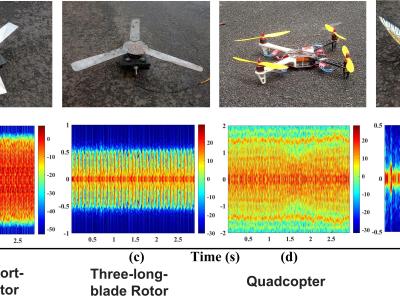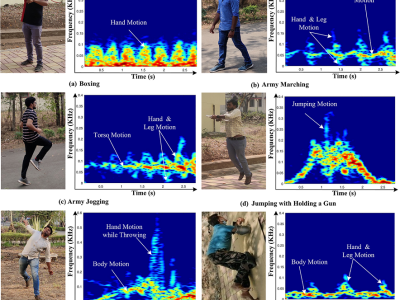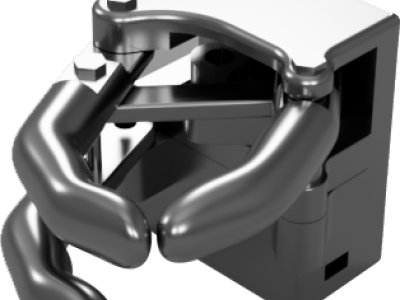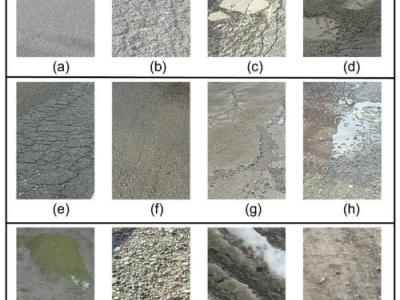
Dataset captured in an experimental setup using four human cadaveric hip specimens by exciting the vertebra of interest with a sine sweep vibration at the spinous process and attaching a custom highly-sensitive piezo contact microphone to the screw head to capture the propagated vibration characteristic.
- Categories:





